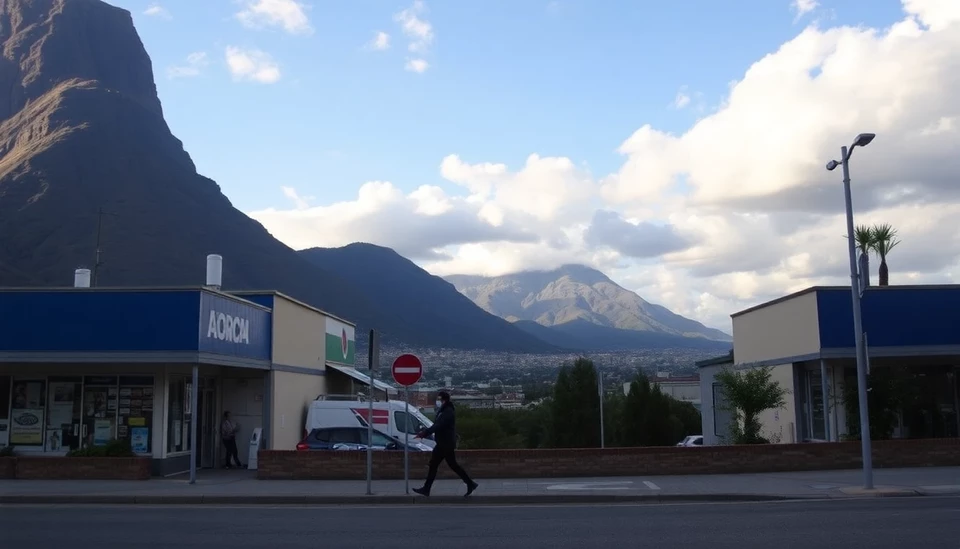
In a significant move aimed at enforcing stricter compliance regarding payment protocols, South Africa's Public Works Department has decided to halt several ongoing projects. This decision comes as part of a broader initiative to ensure that contractors and service providers meet their financial obligations promptly, which has been a longstanding issue within the sector.
The cancellation or suspension of ongoing contracts is primarily directed at those contractors who have consistently failed to comply with payment schedules, leaving many projects at a standstill. The department has stated that this action is crucial not only for protecting public funds but also for promoting accountability within the construction and service provision sectors.
Officials within the department emphasized that the move serves as a strong warning to other contractors regarding the importance of adhering to agreed-upon financial terms. For too long, the lack of stringent enforcement measures has allowed some contractors to exploit loopholes, leading to delays, cost overruns, and a general deterioration in the quality of public projects.
Moreover, this initiative aligns with the government's broader objectives of enhancing transparency and efficiency in public spending. By curtailing operations with non-compliant contractors, officials hope to reinforce the idea that financial accountability is paramount in ensuring the successful delivery of public services and infrastructure.
The Public Works Department has also indicated that it will be reviewing existing contracts systematically, focusing on those projects that display concerning trends in payment delays. As a result, many contractors who find themselves on the brink of losing their contracts may need to scramble to rectify their payment processes or risk losing their future opportunities to work with the government.
In addition to the immediate effects of these cancellations, the long-term implications for the industry are yet to be seen. Observers anticipate that this decisive action may not only improve adherence to payment obligations but could also enhance the overall quality of work delivered under public contracts as contractors are compelled to prioritize reliability or risk exclusion from future government projects.
The decision has sparked mixed reactions within the industry. While some stakeholders commend the move as a necessary step towards a more rigorous contractual landscape, others express concern about the potential disruptions to ongoing infrastructure projects and the economy at large. The balance between enforcement and continued project development remains a contentious topic as various parties navigate the complexities of the implications involved.
As this situation continues to unfold, the Public Works Department is expected to keep stakeholders informed about any further measures they plan to undertake aimed at improving compliance and governance. For many in the industry, this situation serves as both a challenge and an opportunity to reassess their business practices and relationship with government contracts.
Ultimately, the actions taken by South Africa's Public Works Department reflect a critical moment in the country’s efforts to enhance the integrity of public procurement processes. As they aim to protect taxpayer funds and ensure the successful delivery of vital projects, the department's enforcement of payment compliance could pave the way for a new era of accountability in the sector.
With these developments, South African contractors will likely feel the pressure to align with government standards, while the hope remains that these measures will not stifle innovation or the competitive spirit of the industry.
#SouthAfrica #PublicWorks #ConstructionCompliance #Infrastructure #PaymentPolicies #ProjectManagement #GovernmentContracts
Author: Rachel Greene




